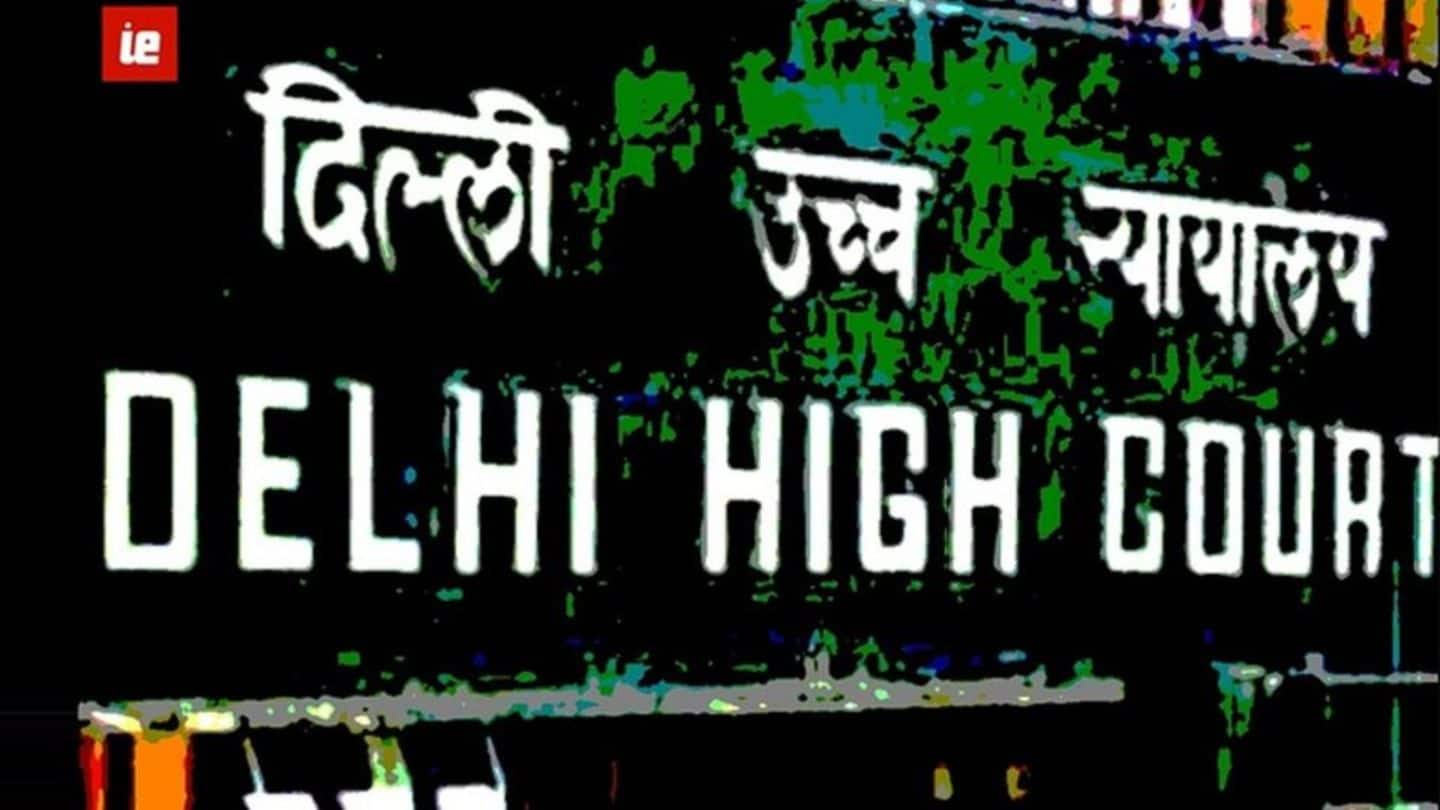
Centre does a U-turn on decriminalizing begging
What's the story
The government had informed the court last year that the Ministry of Social Justice had prepared a bill that decriminalized begging and rehabilitated beggars. However, the Centre has now told the Delhi HC that they won't be decriminalizing begging. The Delhi HC called this decision "unfortunate," as the Centre has prepared a bill. What was the reason for the Centre's U-turn? Read on to know.
Law
What are the current laws on begging?
Presently, there is no central law protecting beggars. Most states have adopted or modeled their laws on the Bombay Prevention of Begging Act, 1959. This Act criminalizes begging to remove beggars from the profession by detaining, training and employing them elsewhere. Begging can lead to a jail term of three years for the first time and in subsequent convictions, up to ten years.
PILs
What made the government revisit the anti-begging act?
Petitioners Harsh Mandar and Karnika Sawhney filed PILs in the SC in 2009 seeking human and fundamental rights for beggars in Delhi by decriminalizing begging. They also sought basic amenities of food and medicines in Delhi's beggar homes. The PILs were later shifted to the Delhi HC in 2015. Subsequently, the Centre said it would amend the 1959 anti-begging act in a year.
Information
Where did the draft bill go?
The Centre and the Delhi government said that a bill had been drafted to decriminalize begging and rehabilitate beggars and homeless people: the Persons in Destitution (Protection, Care and Rehabilitation) Model Bill, 2016. However, the Centre never produced the bill in court.
U-turn
What's the current status of a law on begging?
The Centre's counsel said decriminalizing begging proposal had been "dropped." The Centre has no Act and the states can make "their own," as beggary is a state subject. Delhi HC observed that the Bombay Act was extended to Delhi by a Central government amendment; so, the Delhi government can't bring its own notification. The impact of this rather unfortunate decision remains to be seen.